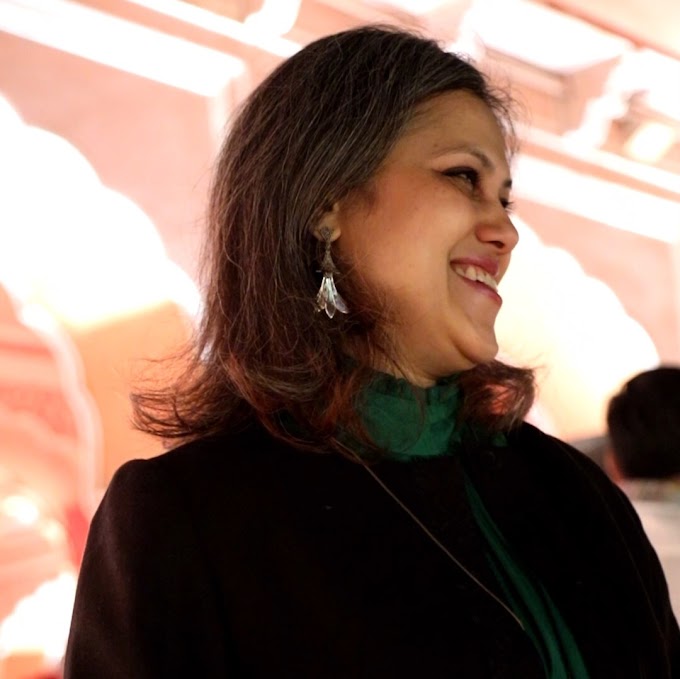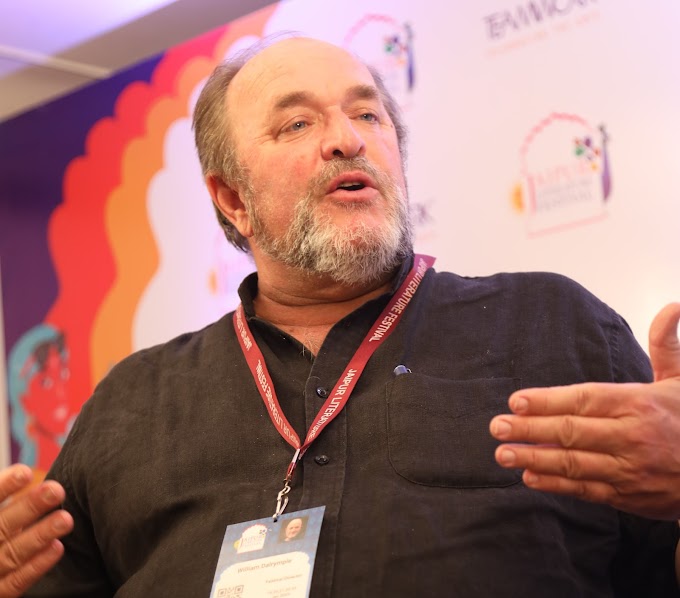India, known for its vibrant political atmosphere, has faced allegations in recent years that its democratic and secular values have taken a hit under the leadership of Prime Minister Narendra Modi. While the ruling regime has staunchly defended its stance, it is important to examine the distribution of seats in the parliament to gain a clearer understanding of the situation. The National Democratic Alliance (NDA) currently holds a commanding majority in Parliament, making it imperative for a consolidated United Provinces Alliance (UPA) to emerge in order to maintain checks and balances.
This necessity applies not only to the UPA but also to the NDA. The stronger these two major alliances become, the more robust the contest in the upcoming Lok Sabha elections will be. This will provide an opportunity for the people of India to evaluate the two distinctive visions, ideologies, and aspirations for the world’s most populous country. Through the grassroots participation, Indians will once again decide which alliance will form the next government.
While the Bhartiya Janata Party (BJP) led by Modi appears to enjoy a comfortable position in terms of media attention and advertisements, the Congress party has been making significant strides to challenge the existing status quo. Rahul Gandhi, with his nationwide support base and the backing of Congress cadres, remains the most popular national face among all leaders and is likely to lead the Grand Alliance against Modi. However, leaders like West Bengal Chief Minister Mamata Banerjee or Bihar Chief Minister Nitish Kumar, with their track record and experience, may be seen as better alternatives by others.
All of these developments occur in the shadow of a formidable opponent in Modi. Hence, the Grand Alliance requires unwavering loyalty from all its stakeholders. Loyalty cannot be earned without consensus on conflicting issues and positions. Deliberations and discussions are essential to achieving this consensus, while premature flip-flops are detrimental to the cause of unity within the grand alliance.
The conduct of the Aam Aadmi Party (AAP) led by Delhi Chief Minister Arvind Kejriwal did not bode well during the recent Grand Alliance Meeting in Patna. Kejriwal seemed to lose sight of the larger objective, and while his cause may have been justified, his party pushed too hard on an issue that may not have been appropriate for that particular time or forum. Alternatively, one could argue that the constant snubbing by the Congress party left him with no option but to raise the issue in desperation at the Alliance meeting.
In order to sustain a united front, the emerging Grand Alliance must foster an environment of mutual respect and cooperation. Each party must acknowledge the importance of the larger objective and prioritize collective interests over individual agendas. This requires a mature approach and a willingness to engage in constructive dialogue.
It is crucial for the emerging Grand Alliance to recognize that the Indian electorate seeks strong leadership and effective governance. The upcoming Lok Sabha elections will serve as a critical juncture where the people of India can evaluate the potential of each alliance to fulfill these expectations. The electorate should have the opportunity to assess the competing visions and ideologies and make an informed decision at the ballot box.
A consolidated United Provinces Alliance, alongside the National Democratic Alliance, would ensure a healthy and vigorous democratic contest. To secure the future of Indian democracy and uphold its core principles, it is essential for the political landscape to offer genuine choices to the citizens. This will allow the electorate to exercise its franchise, shape the destiny of their nation, and determine who forms the next government. In the face of a dominant incumbent that Modi is, it is crucial for opposition leaders in India to unite, foster consensus, and rise above individual differences to prioritize the larger objective of strengthening the Indian nation.
(Saket Suman is the author of The Psychology of a Patriot. Views expressed are personal)




